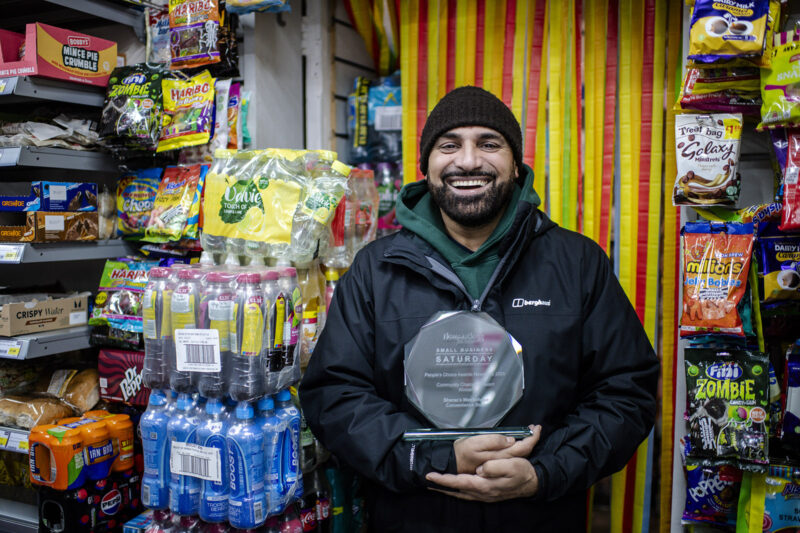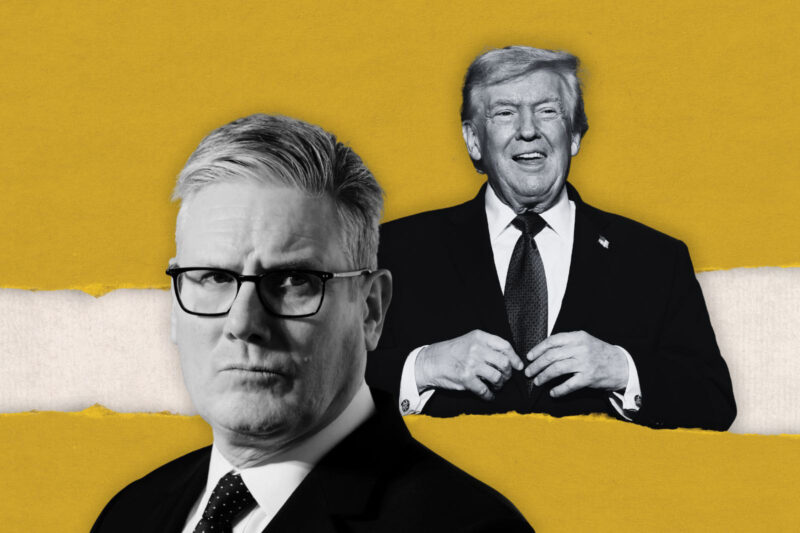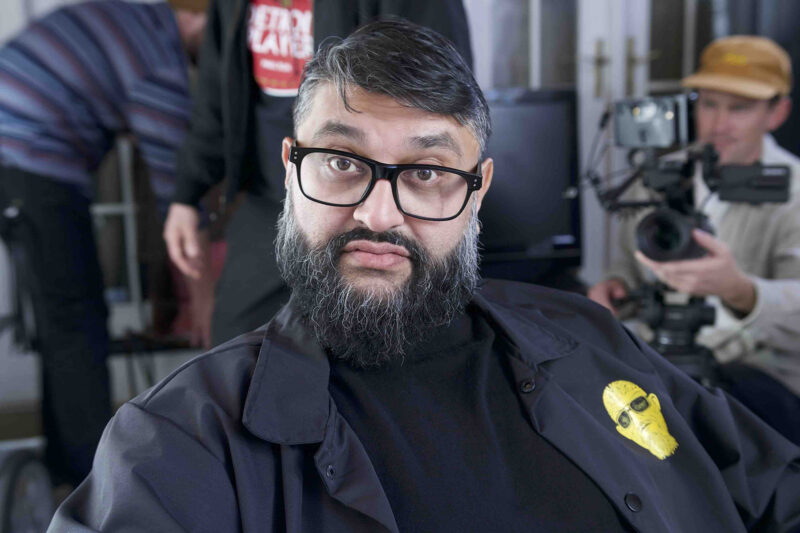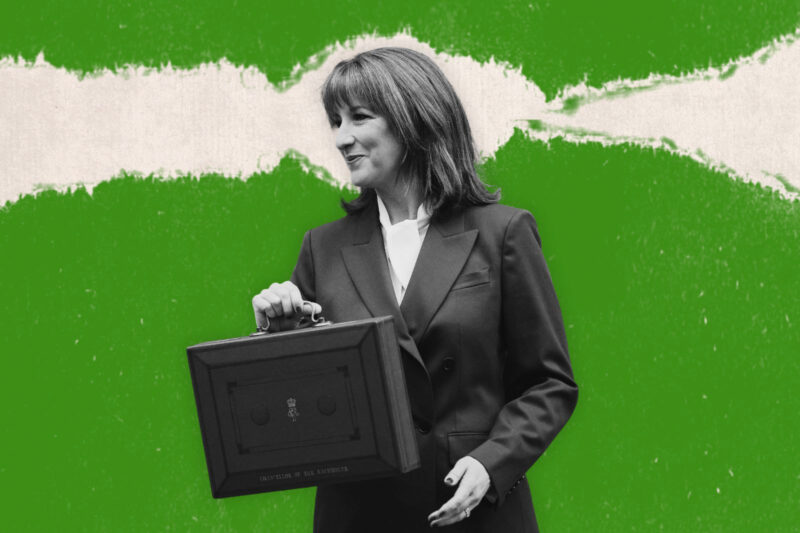Trump has U-turned, but the turmoil is just beginning
Downing Street is unlikely to impose reciprocal tariffs on the US, but America’s recalibration of global trade isn’t ending any time soon

When Donald Trump last week unveiled a long list of tariffs that the US would begin charging on imports from other countries, he ushered in one of the most significant reversals in global trade policy in decades. On Wednesday night, he U-turned on some of those tariffs. But the impact of this moment is still profound.
For days since the announcement that the US would hit most of the world with tariffs, financial markets have been in freefall. New York’s S&P 500 has taken a huge hit. So too has the FTSE 100 in London and the Nikkei 225 in Tokyo. Brief periods of recovery were wiped off as Trump doubled down and investors became more frantic, with more than $5tn (£4tn) wiped off the value of global stock markets. US Treasury bonds, once a financial safe haven, started to be sold, a sign of crumbling confidence in the world’s largest economy.
With bonds being sold off, their prices fell, and yields — the interest the US government pays on its debt — began to rise as bond providers scrambled to make them more attractive to buyers. This is the total opposite of what Washington was aiming for. As one US Congress insider told me: “This couldn’t be going any worse.” The Trump administration had apparently hoped for lower yields so it could cheaply refinance ballooning government debt. Instead, it got a sharp spike in borrowing costs. As one City analyst bluntly told me, this was the US’s “Liz Truss moment” — and it ultimately led to a major about turn.
The US president announced on Wednesday that he would pause tariffs above 10% for 90 days — much to the elation of financial markets — but denied his decision was motivated by the selling off of bonds.
Here in the UK, all of this has been a nightmare for the government. Economic growth has been sluggish as it is, and global turmoil isn’t exactly helpful. When the tariffs were first introduced, a Downing Street source told me they were relieved the UK had escaped the more aggressive tariffs slapped on the EU, arguing that it could potentially provide Britain with a slight advantage. With Trump’s latest announcement and change in position, that is no longer the case: the baseline 10% tariffs that kicked in for the UK on 5 April remain. Instead, Trump has levelled the playing field so every country — except China, Mexico and Canada — is now subject to the same 10% rate, meaning any competitive advantage Britain had is gone.
A recent poll by More in Common found that a majority of Brits support retaliatory tariffs on the US. But everyone I ask in government is insistent that, while publicly such a move “remains on the table”, it is very unlikely to happen. Instead, the focus is on trying to get a trade deal with the US, which I have been told repeatedly is “in its final stages” — although with no time frame for when it might be done.
Meanwhile ministers are scrambling to pivot elsewhere. Trade talks are back very high on the political agenda: I’m hearing whispers, for instance, that a trade deal with India is relatively close after the chancellor, Rachel Reeves, hosted her Indian counterpart this week. In March, Jonathan Reynolds, the business secretary, led a delegation to Japan, again attempting to accelerate talks. When I quizzed a cabinet minister this week, I was told that the UK was also in discussions with South Korea and the Gulf states, and that striking deals as soon as possible was now a government priority.
In short, Trump’s tariffs have increased the appetite of other nations to do trade deals quickly, especially as the tariff war between the US and China seems to just be getting started. The world’s two largest economies are locked in a tit-for-tat, both imposing staggeringly high tariffs of 125% and 84%, respectively, on each other. With those still in place, this 90-day pause for the rest of the world is not a return to economic stability.
We are witnessing a recalibration of how global trade is conducted. Around the world, countries are scrambling to figure out where exactly they will fit into this new system, just as Britain is doing.
Shehab Khan is an award-winning presenter and political correspondent for ITV News.
 Newsletter
Newsletter













